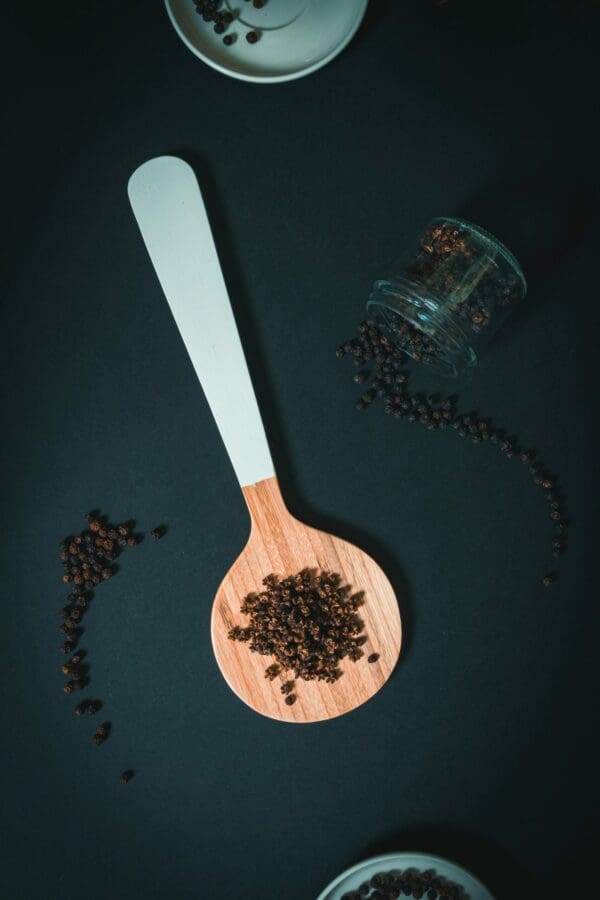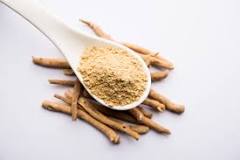PMS and Shilajit
Premenstrual Syndrome (PMS) is something many women deal with before their period, bringing along various physical and emotional symptoms. Shilajit has caught attention as a natural remedy that might ease PMS. In this article, we look at how Shilajit could help with PMS discomfort, considering both traditional knowledge and new scientific findings.
Shilajit in Traditional Healing
Shilajit isn’t just for men’s health; it has a history in traditional healing, especially in Ayurveda. This sticky substance, full of minerals and organic compounds, has been valued for its ability to adapt and rejuvenate. Knowing how it’s been traditionally used sets the stage for understanding its role in women’s health, specifically in dealing with PMS symptoms.
Ayurvedic Wisdom:
In Ayurveda, an ancient Indian system of medicine, Shilajit is seen as a powerful substance for balancing the doshas, like Vata and Pitta, often linked with menstrual issues. Traditional texts call Shilajit a “rasayana,” a sort of elixir promoting overall well-being. Its use in remedies for women’s health suggests a holistic approach to easing menstrual discomfort.
Adaptogenic Benefits of Shilajit
Shilajit’s adaptogenic nature means it might help the body handle stress and keep balance. Since stress can make PMS worse, Shilajit’s adaptogenic properties might help the body respond better to hormonal changes during the menstrual cycle.
Scientific Insights into Shilajit’s Impact on Women’s Health:
While traditional knowledge is crucial, recent research helps us understand how Shilajit might specifically help with PMS symptoms. Scientific studies have looked at its anti-inflammatory, antioxidant, and hormonal regulatory properties.

Anti-Inflammatory Effects
PMS often involves inflammation, causing pain, bloating, and mood swings. Shilajit has been studied for its anti-inflammatory effects, as reported in the journal Inflammopharmacology. The study suggests Shilajit’s compounds might help control inflammation, potentially offering relief from menstrual discomfort.
Antioxidant Properties:
Oxidative stress is another factor linked to PMS symptoms. Shilajit’s antioxidant properties might help neutralize harmful free radicals and reduce oxidative damage. Research in the journal Phytotherapy Research indicates that Shilajit supplements could support the body’s defenses against cellular stress.
Hormonal Regulation:
Hormonal changes, especially in estrogen and progesterone levels, contribute to PMS symptoms. Shilajit has been studied for its potential to regulate hormones. A study in the International Journal of Endocrinology suggests Shilajit might influence hormonal balance, potentially helping with menstrual irregularities and discomfort.
Conclusion:
Shilajit’s potential to ease women’s PMS symptoms brings a natural and holistic perspective to menstrual health. Rooted in Ayurvedic traditions and supported by emerging scientific research, Shilajit offers a multifaceted approach to reducing inflammation, oxidative stress, and hormonal imbalances linked with PMS. While trying Shilajit seems promising, it’s important to use it mindfully, considering dosage, quality, and individual factors. As research in this field continues, Shilajit stands as a potential natural option for women facing the challenges of PMS.
How does Shilajit ease menstrual tension?
Shilajit may help ease menstrual tension through its various bioactive components. It contains minerals like magnesium and potassium, which can help relax muscles and alleviate cramps associated with menstruation. Additionally, the fulvic acid present in Shilajit may have anti-inflammatory properties, which could reduce inflammation and pain experienced during menstruation. Some proponents suggest that Shilajit’s adaptogenic properties might also help balance hormones, potentially easing mood swings and other symptoms of premenstrual syndrome (PMS).
What are the potential ways to use Shilajit for menstrual tension relief?
Shilajit can be consumed in various forms to potentially alleviate menstrual tension. It is commonly available as a resin or powder, and it can be mixed with warm water, milk, or herbal teas for consumption. Additionally, Shilajit supplements in capsule or tablet form are also available. The appropriate dosage may vary depending on factors such as individual health status and the purity of the Shilajit product. As always, it’s essential to consult with a healthcare professional before incorporating any new supplement into your routine, especially if you have existing health conditions or are taking medications.





